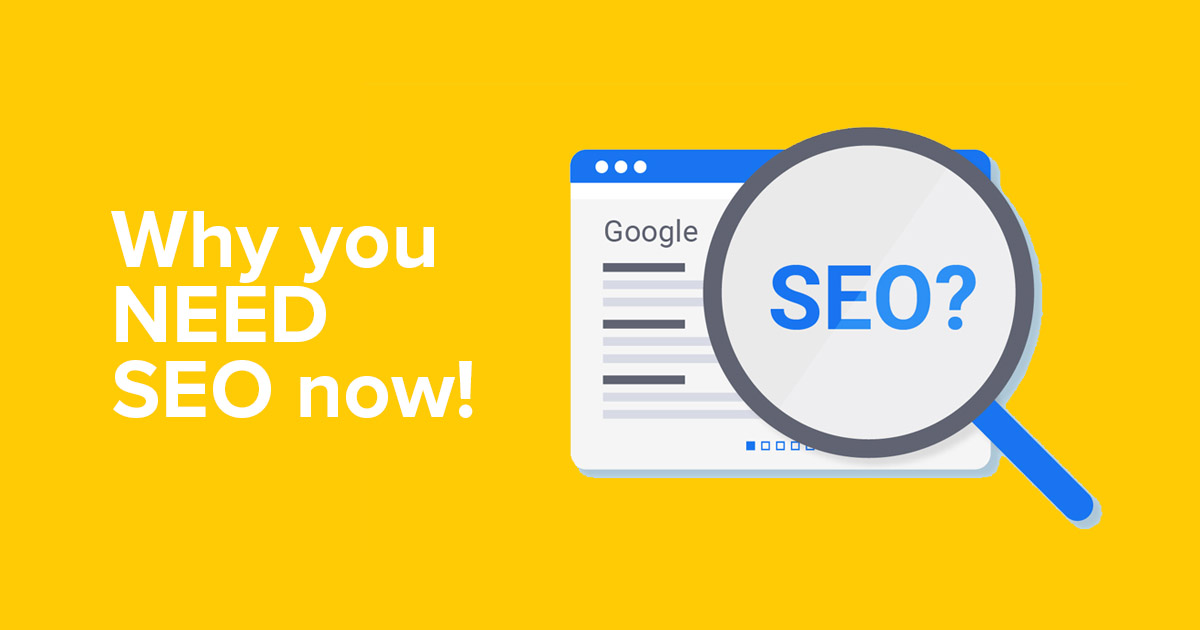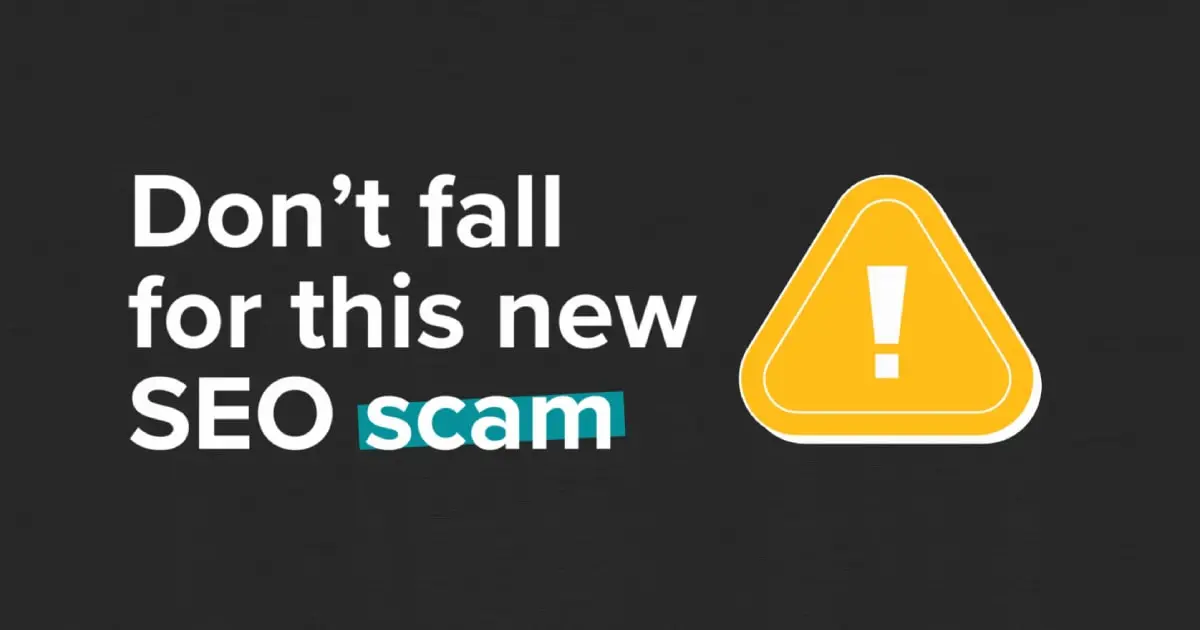The Vital Role of SEO in Elevating Your New Website
Launching a shiny new website is an exciting milestone. However, securing a top spot in search engine results doesn’t happen overnight, especially in today’s highly competitive digital landscape. The key to making your website stand out and attract the right audience? Search Engine Optimisation (SEO).
Here’s why investing in SEO from the get-go is essential:
- Increased Visibility: With the majority of online experiences beginning with a search engine, ranking high is non-negotiable. About 75% of users don’t venture past the first search results page. If your website doesn’t appear at the top, your potential customers might never find you.
- Building Credibility and Trust: For a new website, gaining trust and establishing credibility is essential. SEO helps in creating authoritative, useful content that resonates with users, building brand recognition and authority.
- Targeting the Right Audience: Effective SEO strategies ensure your online presence aligns with your target audience’s needs. By using relevant keywords and employing on-page and off-page SEO techniques, you become more visible to those actively searching for what you offer.
- Cost-Effective Marketing: Unlike paid advertising, SEO is a cost-effective, long-term strategy. It focuses on providing valuable content and a seamless user experience, which helps your website climb and maintain a high ranking without incurring ongoing costs.
- Enhanced User Experience: SEO isn’t just about pleasing search engines. It’s about providing a great user experience. Fast loading times, intuitive navigation, and high-quality content are all part of SEO best practices that lead to satisfied visitors and lower bounce rates.
- Synergy with Paid Marketing: SEO complements paid marketing efforts. While PPC ensures your site appears at the top of search results, SEO backs these efforts by securing organic rankings, enhancing overall digital marketing effectiveness.
- Influencing the Buying Cycle: SEO can significantly impact the buying cycle. By boosting your presence online, it makes it easier for potential customers to find and choose you.
- Insights into Consumer Behaviour: Through SEO, you gain valuable insights into consumer behaviour. Keyword research provides a window into market trends and user needs, allowing you to rank for relevant terms and increase organic traffic and conversions.
- Boosting User Engagement: A well-optimised site draws quality traffic. With higher rankings, your click-through and engagement rates increase, leading to more conversions.
- Measurable Outcomes: With SEO, you can measure almost every aspect of your strategy, from rankings and traffic to conversions. This data-driven approach allows for informed decisions and strategic adjustments.
Time + Optimisation = Ranking + Traffic
It is estimated that there are over 250,000 new website pushed live EACH day, adding to the already 1.13 billion websites on the internet. Therefore it would be naïve to assume that a brand new website would shoot to the top of the rankings as soon as it is pushed live.
So how does a new website work it’s way to the top of the Google search results?
For a new website to fully leverage SEO, the following optimisations are essential:
- In-Depth Keyword Research: Identifying and targeting specific keywords relevant to your business niche.
- Quality Content Creation: Producing high-quality, engaging, and informative content that addresses your audience’s needs.
- Meta Tags and Descriptions Optimisation: Crafting compelling meta titles and descriptions to improve click-through rates from search results.
- Building a Strong Backlink Profile: Acquiring high-quality backlinks from reputable sources to boost your site’s authority and credibility.
- Improving Site Speed: Enhancing your website’s loading times for better user experience and search engine ranking.
- Ensuring Crawlability: Making sure search engines can easily crawl and index your site.
- Implementing Structured Data: Using schema markup to help search engines understand and display your content effectively.
- Mobile Responsiveness: Ensuring your website is fully functional and user-friendly on mobile devices.
- User Experience (UX) Optimization: Designing an intuitive and engaging user interface.
- Regular Content Updates: Keeping your site content fresh and relevant.
- Local SEO (if applicable): Optimising for local search results, including local listings and maps.
- Tracking and Analytics: Implementing tools to monitor and analyse website traffic and user behaviour for continuous improvement.
Each of these points plays a critical role in not only enhancing your website’s visibility on search engines but also in ensuring a positive and engaging experience for your visitors.
In conclusion, for a new website, SEO is not just an add-on but a fundamental element for success. It’s about making your site visible, credible, and engaging to the right audience. At Online Path, we understand the nuances of SEO and are equipped to help your new website not just exist, but thrive in the digital ecosystem. Ready to see the difference SEO can make for your new site? Let’s talk and embark on this journey together.




 1300 055 000
1300 055 000

